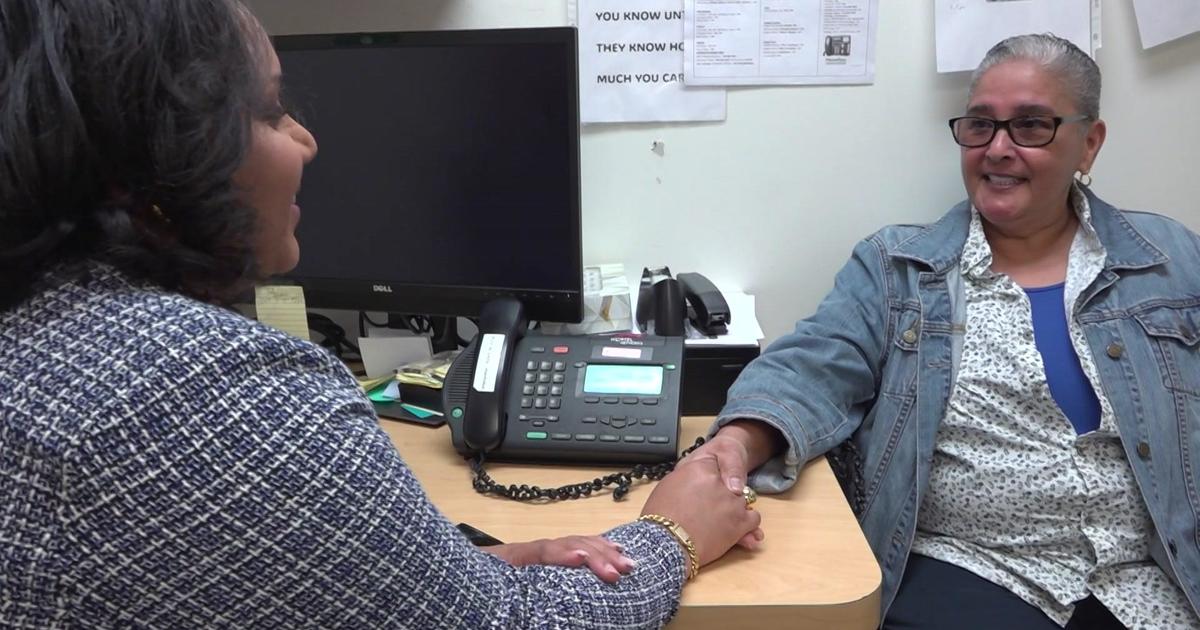Cognitive Computer Games May Ward Off Decline In Brain Function In The Elderly
NEW YORK (CBSNewYork) -- Ask people what they fear most about growing old and they'll say Alzheimer's or dementia -- not being "with it."
It seems like there's not much we can do to ward off the decline in brain function.
Or is there?
As CBS2's Dr. Max Gomez reports, it's not a matter of doing crosswords or sudoku. That'll just make you better at crosswords and sudoku.
There's a growing field of brain science showing that like muscles and sports, you can in fact train your brain to work better, faster, or more accurately -- and that might just hold off dementia.
It's the image of aging that many people fear. The gradual deterioration of physical and mental vitality. It's the image Ash Bansal saw in his friends and colleagues who, like him, had retired.
"People withering away made a huge impression in my mind and I said I am going to make every effort to ensure that I do not go through with that experience," he said.
But how best to do that? A recent report from the prestigious National Academies of Sciences, Engineering, and Medicine suggests three ways to prevent cognitive decline and dementia.
They include physical exercise, maintaining a healthy blood pressure, and something that looks like a videogame but is actually a sophisticated brain training program.
Its called BrainHQ, a series of computer exercises specifically designed to improve your brain's processing speed, decision making, and accuracy.
A study of nearly 3,000 BrainHQ users showed remarkable improvements in mental abilities.
"They actually maintained the skills that they needed to live independently in their own homes," Posit Science CEO Henry Mahncke said. "They had reduced rates of depression, they had improved health related quality of life. They actually had reduced car accidents too because they could see better and then news that just came out last year, it was shown that these people had a significantly reduced risk of going on into dementia. So these are really breakthrough results."
That came with using the programs about 30 minutes a day. They keep track of your progress and become more difficult as you improve.
Ash says he's already noticed a difference.
"The reflexes, fluency, the fluidity of speech. I am not hunting around for words like many of the people," he said.
So what does this brain program cost? A monthly subscription runs between eight and fourteen dollars a month, depending on how long you sign up for.
The company is also making their programs available for free using public libraries.



